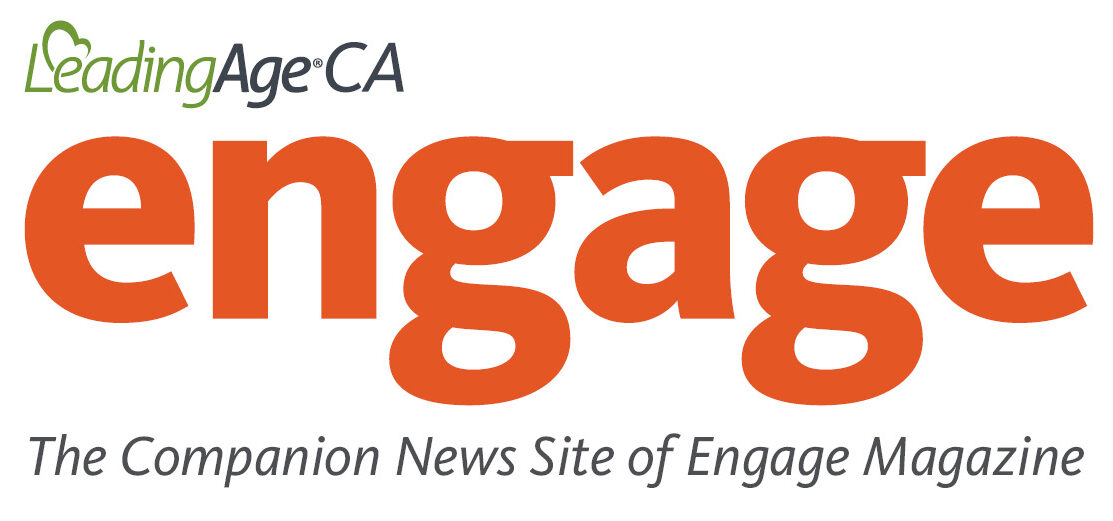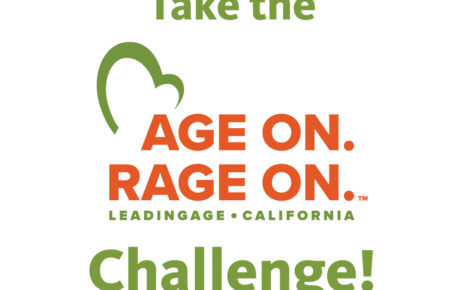The Tax Cut and Jobs Act of 2017 (Pub.L. 115-97) brought with it a surprise for nonprofit organizations. One major issue for nonprofits is the 21% tax on employee fringe benefits. LeadingAge California has been working with the American Society of Association Executives who has spent the last year stressing to Congress that the new law disproportionately hurts tax-exempt employers by requiring them to pay a new unrelated business income tax (UBIT) on the value of these benefits. ASAE contends this is a new tax on an expenditure, not a revenue-generating activity.
According to ASAE, “The lack of guidance for tax-exempt entities in this area has also created a lot of confusion and conflicting opinions about how nonprofits should go about calculating their tax liability to comply with the requirement. Many organizations are already making estimated payments to the IRS on this expense—absent any guidance—which further supports ASAE’s request for a delay in implementing this requirement.”
The coalition was successful in getting legislation introduced in Congress. The status of each are below:
- Lessen Impediments from Taxes (LIFT) for Charities Act (HR 1545 / S 632) has 24 cosponsors in the House and five in the Senate. Six Democrats cosponsor HR 1545 and Senator Chris Coons (D-DE) is the sole Democrat cosponsor on S 632.
- Nonprofits Support Act (HR 513) has nine cosponsors, all Republican. There is no offset for this legislation.
- Stop the Tax Hike on Charities and Places of Worship Act (HR 1223 / S 501) has 41 cosponsors in the House, all Democrat, and zero in the Senate. Note that this legislation would raise the corporate tax rate by 0.03% as an offset.
Request for UBIT Stories
Please send us any anecdotal evidence that demonstrates UBIT’s impact on non-profit organizations. Please send information to Mary Kate Cunningham, CAE, VP of Public Policy (mcunningham@asaecenter.org).



